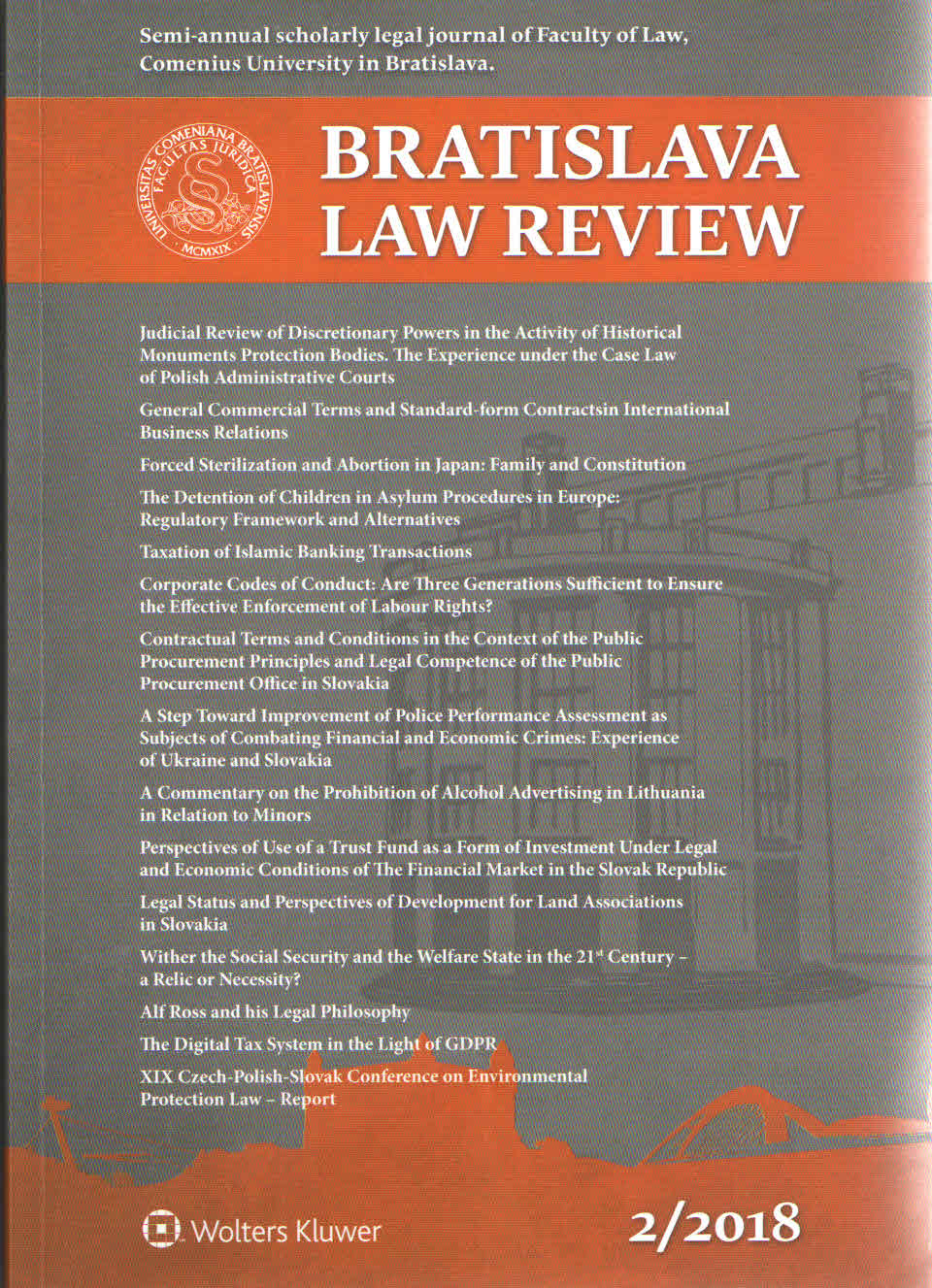CORPORATE CODES OF CONDUCT: ARE THREE GENERATIONS SUFFICIENT TO ENSURE THE EFFECTIVE ENFORCEMENT OF LABOUR RIGHTS?
CORPORATE CODES OF CONDUCT: ARE THREE GENERATIONS SUFFICIENT TO ENSURE THE EFFECTIVE ENFORCEMENT OF LABOUR RIGHTS?
Author(s): Aneta TycSubject(s): Human Rights and Humanitarian Law, Labor relations
Published by: Univerzita Komenského v Bratislave
Keywords: labour law; codes of conduct; labour standards; multinational corporations;
Summary/Abstract: In the 1970s, the number of reports concerning unethical or illegal activities of multinational corporations increased and led to discussions within international organisations. In 1976, the OECD was first to adopt its Guidelines for Multinational Enterprises. The ILO adopted its Tripartite Declaration of Principles concerning Multinational Enterprises and Social Policy in 1977, and UN issued the Global Compact in 2000. Subsequently, many codes of conduct have been established to provide a stable framework in which MNEs conduct their business. The purpose of this paper is to assess, through the prism of three generations of codes, if self-regulation is suffcient to ensure the effective enforcement of labour rights. I fill the gap in existing research by providing a comprehensive explanation for the shortcomings of this instrument. Research indicates that there is a lack of involvement of social partners in the decision-making process leading to the adoption of codes of conduct. Once adopted, they impose lower standards than the public regulatory frameworks. They are more selective in their choice of labour rights.
Journal: Bratislava Law Review
- Issue Year: 2/2018
- Issue No: 2
- Page Range: 106-118
- Page Count: 13
- Language: English

